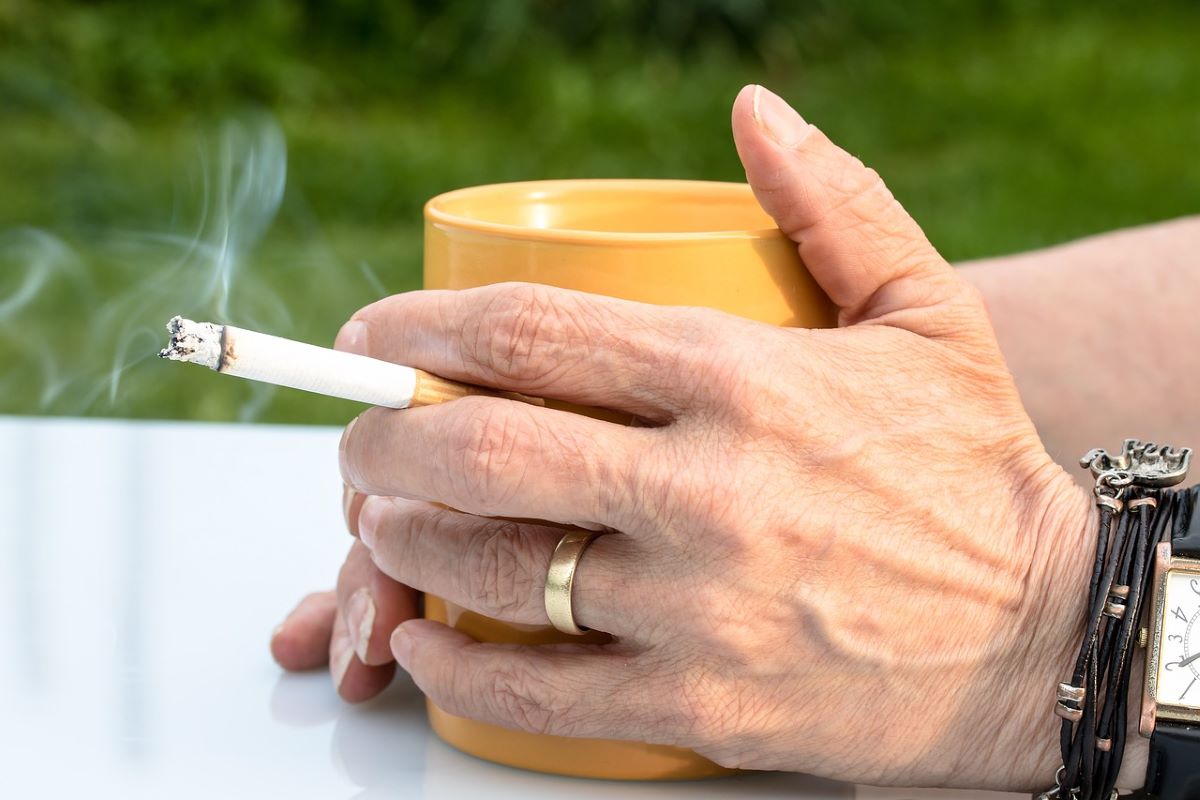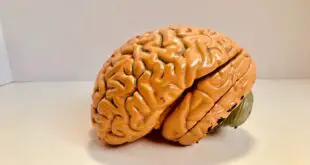Tobacco smoking has been linked to negative skin consequences in addition to being the single most avoidable cause of severe sickness and a significant cause of death in the general public. The medical world has been paying attention to the effects of smoking on premature skin aging, and recent observational research found a link between smoking and hair loss or baldness.
The ways by which smoking causes hair loss are complex and likely involve impacts of smoking on the microvasculature of the dermal hair papilla, smoke genotoxicants causing DNA damage in the hair follicle, smoke-induced imbalance in the follicular proteolytic enzymes systems controlling cell remodeling during the hair growth cycle, and pro-oxidant effects of smoking leading to the release of pro-inflammatory cytokines resulting in folliculitis.
Given the psychological effect of androgenetic alopecia on affected men and women, raising public awareness of the correlation between smoking and hair loss may provide a more impactful pathway for quitting smoking than the correlation between smoking and facial wrinkles or grey hair, which can be successfully treated with current aesthetic dermatologic processes whereas, remedies for androgenetic alopecia are constrained.
Smoking And Hair Loss
Many people are aware that smoking tobacco raises the risk of lung cancer and breathing problems. However, smoking’s harmful consequences aren’t limited to your lungs.
According to the research conducted in 2018, tobacco smoke includes over 7,000 toxins, with at least 69 of them proven to cause cancer. These substances can pass through the lungs to the veins when you breathe them in. They can transmit to other regions of your body through your blood and have a bad influence on many elements of your health.
One of the less well-known negative impacts of smoking is a higher risk of hair loss. It’s unclear why smoking is linked to hair loss, although numerous variables are likely to play a role.
Continue reading to learn more about the various ways that smoking may lead to hair loss.
How Is Hair Loss Influenced By Smoking?
Tobacco use can harm the hair follicles and raise the chances of having hair loss. The frequency of initial androgenetic alopecia in male smokers and non-smokers between the ages of 20 and 35 was compared in a 2020 study by trustworthy sources.
Male-pattern baldness and female-pattern baldness are both terms for androgenetic alopecia. The researchers discovered that 425 out of 500 smokers seemed to have some level of hair loss, but only 200 out of 500 non-smokers did.
A profound recession along the hairline is grade 3 on the Hamilton-Norwood scale of hair loss. The vertex is balding in grade 4.
The researchers discovered that 47 percent of smokers reported grade 3 hair loss and 24 percent reported grade 4 hair loss. Only 10 percent of non-smokers carried it to grades 3 or 4.
The researchers came to the conclusion that nicotine and associated substances may speed up hair loss but additional study is needed to back up this claim.
Smoking can induce oxidative stress and decreased blood supply to your hair follicles, both of which can lead to hair loss.
Oxidative Stress
The formation of free radicals in your body is increased when people smoke. Free radicals are chemicals that quickly react with other substances in the body, posing a risk of damaging the cells’ DNA.
When our body has an extreme quantity of free radical activity, it causes oxidative stress.
Oxidative stress can be caused by any of the following factors:
- Pollution
- UV Rays
- Tobacco Smoke
- Radiation
Toxic compounds in cigarette smoke, according to an old 2003 study, may cause harm to the DNA of cells in the hair follicles. Hair development might be hampered if the DNA of these cells is damaged.
According to a reliable source, cells in the hair follicles of balding scalps are more vulnerable to oxidative stress.
Reduction In Blood Flow Of The Hair Follicles:
Tobacco contains chemicals that can harm both circulatory and cardiovascular health. According to the FDA, smoking promotes plaque accumulation in the blood vessels, which increases the chance of having illnesses like
- blood clots
- coronary artery disease
- stroke
The hair follicles are nourished by blood vessels, which allow nutrients to be delivered and waste to be eliminated. Loss of hair or hair damage can be caused by the poor blood supply to the scalp.
Other Negative Impacts Caused By Smoking That Lead To Hair Loss
- Gray hair appears earlier than usual
- Hair transplants become a disaster
- It has the potential to make hair more brittle
- Hair may get drier as a result
Few Lesser Known Ways That Lead To Hair Loss
As shown in numerous scientific studies, cigarette smoke can cause hair loss in a variety of ways, such as:
Bad Blood Circulation
To generate healthy hair, hair follicles require oxygen, nutrition, and minerals. Toxic compounds in cigarette smoke can harm the circulatory system, narrowing blood vessels and restricting blood flow. The hair development cycle is disrupted when hair follicles do not get the blood they require for growth.
The growing (anagen) stage, the transformational (catagen) stage, the resting (telogen) stage, and the shredding (exogen) stage are the four stages of the hair growth cycle. Any break in this cycle might result in visible hair loss.
An Unhealthy Immune System
Cigarette smoking weakens the immune system, resulting in infections or disorders that lead to hair loss. A bacterial or fungal infection on the scalp, which can hinder hair follicles from creating healthy hair, is also more likely if a person has a weak immune system.
Polluted Environment
Inhaling cigarette smoke isn’t the only thing that might destroy your hair follicles. If you smoke at home or in a vehicle with the windows pulled down, you may be polluting the environment.
While the majority of hair loss is due to genetics, research has linked hair thinning to environmental causes. Polluted air can aggravate hereditary hair loss, and carcinogens in smoky air can hinder the systems that make the protein that makes hair.
Quitting smoking is the most effective strategy to restore hair loss due to smoking. The hair should start growing again after people stop exposing their hair and skin to the poisons in cigarettes. However, due to its strong addictiveness, stopping smoking can be quite difficult. It might take multiple attempts to break the habit for good.
The best part is that there are hair loss remedies available right now that can help. Schedule an appointment now and see for yourself how having lost hair restored can transform your life.
Giving up smoking is tough, but it can benefit overall health in a variety of ways. A doctor can work towards developing a quitting strategy that will offer us the highest chance of success.
You May Like These Articles As Well:
Does Smoking Weed Cause Acne? Read This Before You Indulge
Can You Donate Plasma If You Smoke Weed? Read This Before Donating
 Being Human
Being Human




